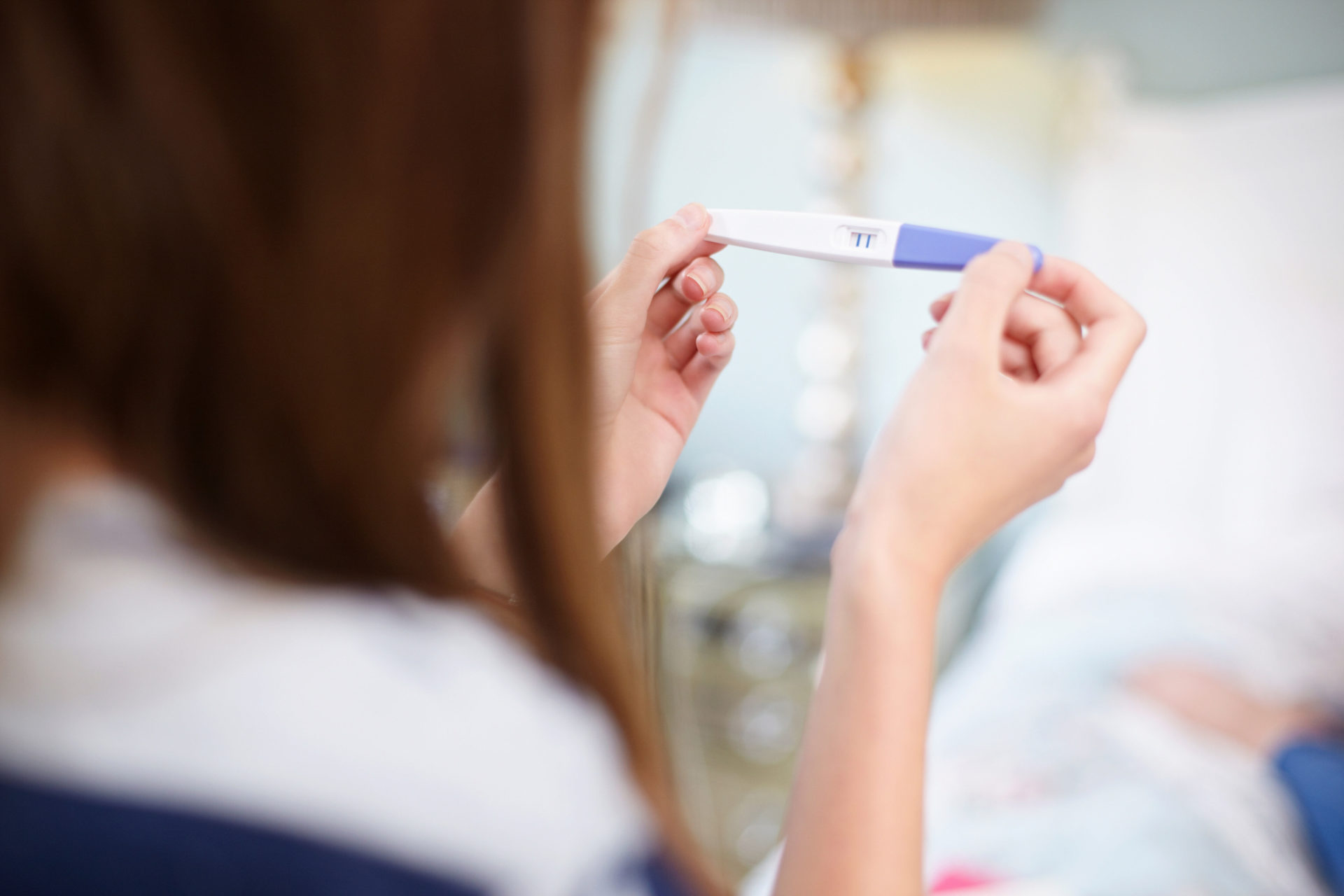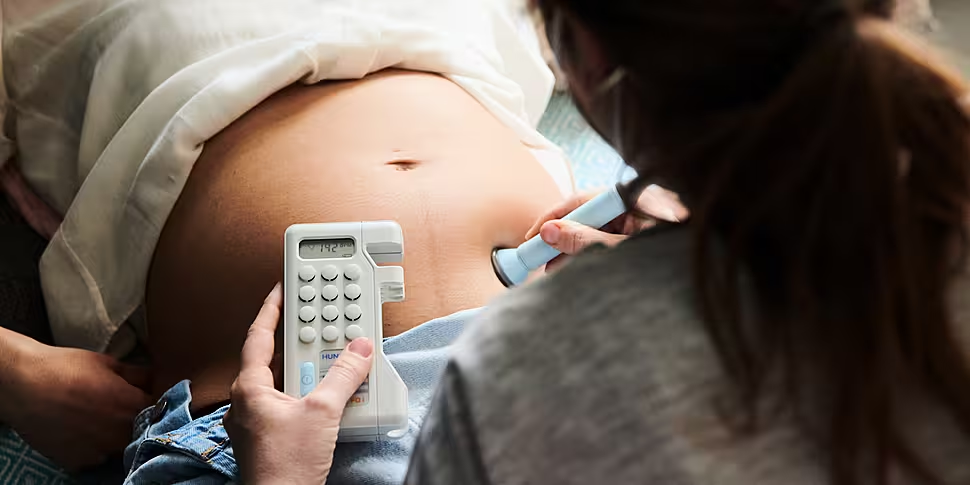You should start preparing your body for pregnancy around six-to-12 months before you intend to conceive.
That’s according to Master of the National Maternity Hospital Professor Shane Higgins, who said this advice applies to both men and women.
To help those seeking answers and advice on pregnancy, Lunchtime Live has launched a new segment called ‘Making Babies’, which will air every Wednesday at 12.40pm.
This week, Prof Higgins joined the show to explain how couples can best prepare their bodies for an ideal pregnancy.
“There’s no exact data, but I suspect in leading up to what I’m about to say, you’re talking six-to-12 months [of preparation for pregnancy],” he said.
“So, people should look that far out at their lifestyle choices; their level of fitness, their weight, their consumption of tobacco, alcohol and things like that.
“They should try and address those issues before they really give thought to just getting pregnant, and there are things that you’ll do at that point.”
 Girl holding a pregnancy test. Image: Image Source/Alamy
Girl holding a pregnancy test. Image: Image Source/AlamyStep one for women, Prof Higgins said, is to stop come off any form of contraception they may on.
“That might have a little bit of an impact on when you’re going to start ovulating,” he said.
“So, injectable progesterone's, the Depo-Provera, they could actually have up to six months before you have a regular cycle and a regular ovulatory cycle.
"As opposed to other ones which, within a month, two months of you discontinuing them, you should be ovulating regularly at that point in time.”
@newstalkfm Lunchtime Live is excited to announce the launch of 'Making Babies' Deciding if and when to start a family can be overwhelming at times, with one in six couples experiencing fertility problems. Every Wednesday, @Andrea G ♬ original sound - Newstalk
According to Prof Higgins, both men and women should quit smoking, vaping and drinking in advance of pregnancy, as well as implement other healthy lifestyle changes.
“We would always encourage people to have a healthy diet, and that’s very important, I think, in terms of caffeine intake,” he said.
“You can reduce caffeine intake in preparation for conception, caffeine for both men and women can affect ovulation and sperm production.
“The recommendation in pregnancy is that you should not have more than 200 milligrams of caffeine a day.
“There’s about 60 milligrams in a shot of espresso, so you’re talking about three shots – probably, I would not recommend that to my patients, I’d say one or two coffees a day by way of espresso shots.”
Prof Higgins said he would also recommend a similar dosage in the months leading up to pregnancy.
Figures show that one-in-six couples in Ireland will experience fertility difficulties.
Main image: A midwife listens to the heart tones of an unborn child with an ultrasound device. Photo: Annette Riedl/dpa









